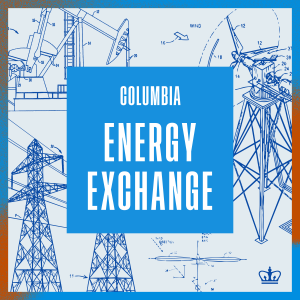
Western countries are once again trying to reduce their reliance on Russian resources. This time it’s nuclear fuel.
Russia accounts for a substantial share of both conversion and enrichment services worldwide. These two processes turn uranium into usable fuel. The war in Ukraine has raised concerns about supply disruptions – like shipping and payment, and government actions that could ban fuel imports.
Still, the West has struggled to sever ties with Russia’s nuclear industry. Attempts at sanctions have faltered because of limited domestic capabilities to process uranium in the U.S and Europe. But as the war continues, the U.S., Europe and other nations are weighing options to make them less dependent on Russia's nuclear industry.
So what are the alternatives to Russian conversion and enrichment services? How will changing supply chains impact the stability of the global nuclear fuel market?
This week host Bill Loveless talks with Jonathan Hinze and Bill Freebairn.
Jonathan is the president of UxC LLC, a market research and analysis company covering the nuclear industry. He has nearly two decades of experience working in the U.S. and Japan on technology development, international markets, and government policies.
Bill is a senior managing editor for S&P Global Commodity Insights, where he writes about nuclear plant construction and operation, regulatory developments, financial issues and uranium markets. He leads the Nucleonics Week publication, which is a source of global news for the commercial nuclear power business.
Both guests talk with Bill about how Russia came to dominate global nuclear fuel production and why it’s so difficult for other countries to find alternative supplies.
More Episodes
 2024-10-22
2024-10-22
 2024-09-03
2024-09-03
 2024-08-13
2024-08-13
 2024-06-25
2024-06-25
Create your
podcast in
minutes
- Full-featured podcast site
- Unlimited storage and bandwidth
- Comprehensive podcast stats
- Distribute to Apple Podcasts, Spotify, and more
- Make money with your podcast
It is Free
- Privacy Policy
- Cookie Policy
- Terms of Use
- Consent Preferences
- Copyright © 2015-2024 Podbean.com





